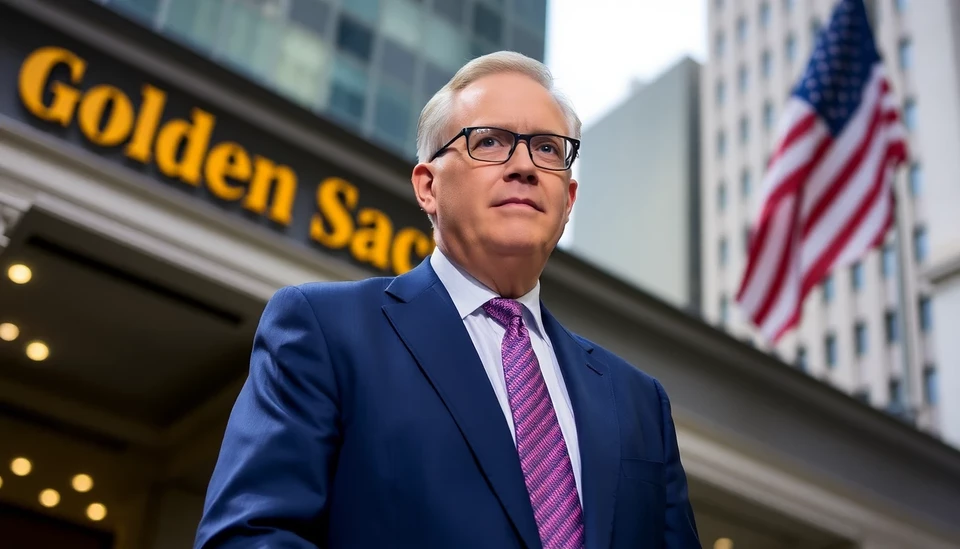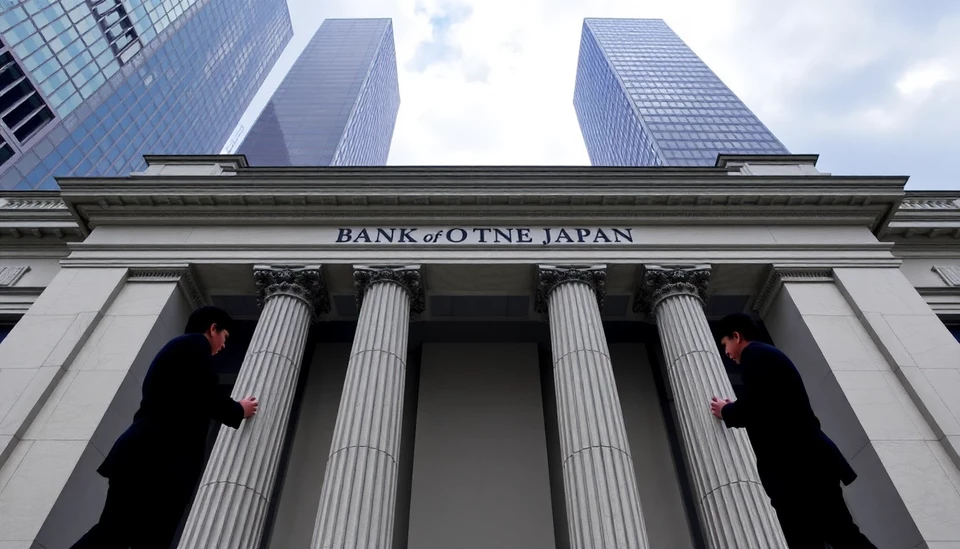
In a significant shift of perspective, Goldman Sachs has recently adjusted its economic forecasts, considerably lowering the likelihood of a US recession within the next year to just 15%. This update comes as a breath of fresh air amidst a tide of concerns over global economic stability, and it reflects Goldman’s growing optimism about the resilience of the US economy.
The decision to reduce the odds from an earlier forecast of 20% is primarily driven by several favorable indicators. Notably, the financial giant points to robust consumer spending, solid labor market figures, and decreasing inflationary pressures as major factors that support a more positive economic trajectory. These elements suggest that the US economy may be better equipped to endure current challenges than previously anticipated.
Economists at Goldman Sachs, led by Jan Hatzius, underline that the recent economic data does not indicate an imminent downturn. Instead, they expect continued expansion, bolstered by monetary policies that have been accommodative. They also emphasize the importance of the steady increases in consumer confidence and investment spending, which contribute to a more stable economic outlook.
Averting a potential recession is seen as a testament to the adaptability and strength of the US economy, which has been navigating a range of complexities from international trade tensions to domestic fiscal policies. Goldman Sachs’s reassessment reflects a broader trend of shifting expectations among economic analysts who now predict a softer economic landing.
Despite these positive signals, Goldman Sachs remains cautious, acknowledging that uncertainties persist globally, which could radically alter the economic landscape. They note that while the probability of a recession has diminished, it is not entirely off the table. Factors such as geopolitical tensions or unexpected economic disruptions could still pose significant risks.
Investors and policymakers alike are likely to find these revised projections encouraging, as they provide a more optimistic lens through which to view the nation's economic health. The update from Goldman Sachs is expected to resonate throughout financial markets, potentially influencing decision-making and strategy in the short term.
As these evaluations unfold, analysts and investors will be closely monitoring any developments that could impact the US economic trajectory, whether it be changes in government policies, shifts in market conditions, or international events.
#GoldmanSachs #USRecession #EconomicOutlook #FinancialMarkets #ConsumerSpending #Investment #MonetaryPolicy #EconomicForecast #USEconomy #Inflation
Author: Laura Mitchell




